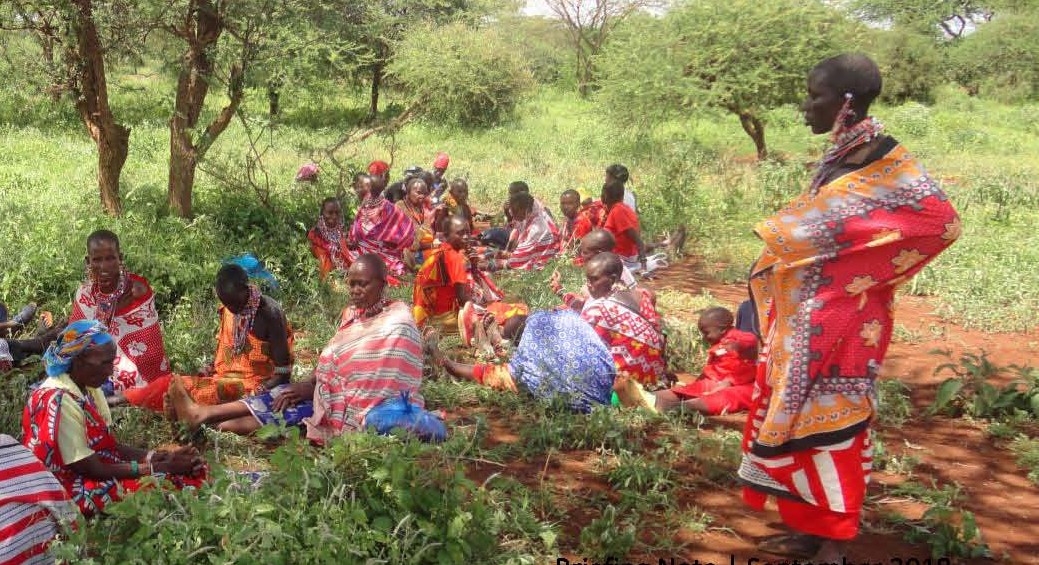Numerous water projects in Kenya have failed due to poor community entry. According to the Ministry of Water and Irrigation (MWI), more than 34.4% of Kenyan households depend on point sources of water (springs, boreholes), while 64.3% live in the rural areas. A study carried out in Kenya showed that one-third of newly established community-managed water systems stop functioning within the first three years after completion, hence stalled or unsustainable projects (Kwena and Moronge, 2015).
Lack of stakeholder involvement in planning for the implementation of a project is the main reason behind the increase in unsustainable, poorly managed, and stalled community projects especially in the water sector. Neighbours Initiative Alliance (NIA) in partnership with Caritas Switzerland piloted the Integrity Management Toolbox model for Enkongu Enjore community water system in Kajiado County. This is a participatory change management process that addresses the management and sustainability of small water supply systems, to contribute to the realisation of the right to water for all, and improve services efficiency.
This briefing paper highlights lessons learnt on the importance of having good community entry strategies, during the implementation of the Integrity Management Tool, at Enkongu Enjore community water system, Maparasha location in Kajiado County.
Location: Kenya
Language: English
Type: Briefing note/Position Paper
Importance-of-good-community-entry-to-boost-sustainability_Kenya.pdf

